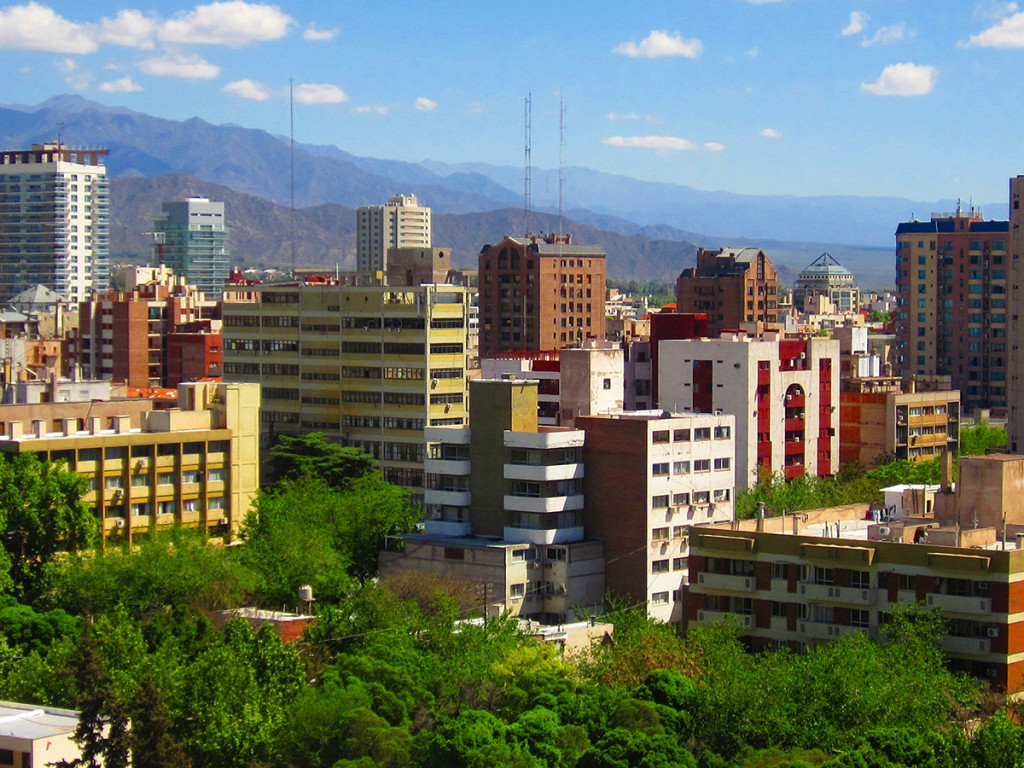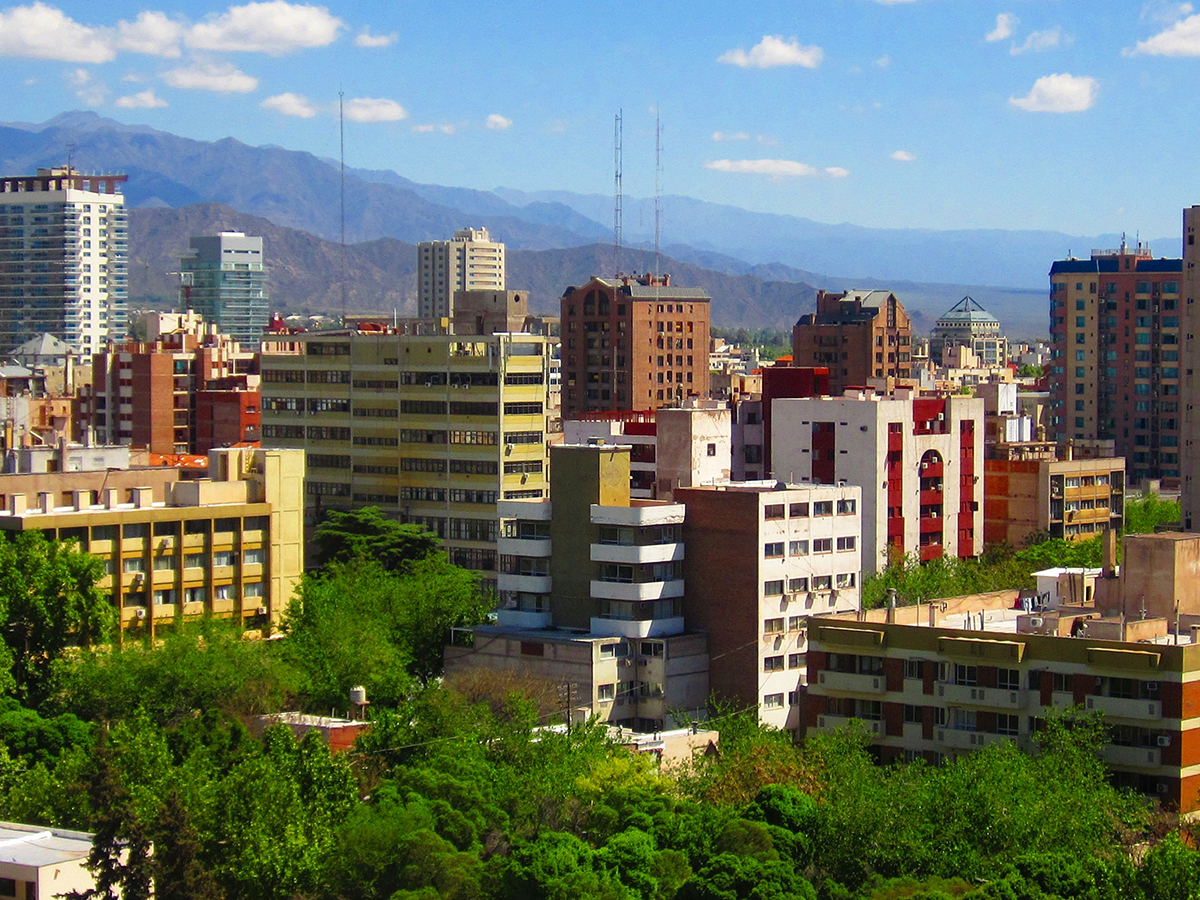
In light of California’s long-standing drought, UCR professor of botany and plant sciences, Darrel Jenerette, is beginning an urban tree project to determine if cooling provided by urban trees saves water. Data has been gathered from over 1,300 trees in Southern California, with more than 300 people contributing since last August.
The research seeks to explore how trees and other green vegetation have combatted the “urban heat island” effect where metropolitan areas are noticeably warmer than rural landscapes. Jenerette’s most recent work exhibits how these methods of cooling have positive effects on nearby households. In one instance, surveys asked households on the occurrence of heat-related illnesses which correlated with satellite-taken temperate measurements. These results linked more vegetation with a decline in heat-related illnesses. Similarly, the urban tree project is seeking to determine the number and species of trees that cool the environment.
Jenerette will partner with Sheri Shiflett, a UCR postdoctoral researcher, and Peter Ibsen, a PhD student, with goals that include finding out what trees do better in a changing climate, especially those with hot and dry climates which resulted from the recent drought. Non-profit partners such as EarthWatch and the Los Angeles Museum of Natural History are also sampling over 30 species of trees. Trees that produce the greatest number of benefits for the least amount of water use will be further studied. Due to Southern California’s warm, temperate climate, many trees from tropical environments need more water to keep them at their best.
Combined with measurements that non-professional scientists have collected, the data analyzed attests to what Shifflett says, “The commitment and excitement of our community partners and citizen scientists has been exceptional.”
California has been experiencing the drought for over several years, with 2014 producing the hottest and driest climates on record. Other scientists from campus, such as UCR professor of botany, Louis Santiago, have received grants to perform similar studies on trees in response to this climate change.
Jenerette also places much value on their assistance, “I want to highlight the importance of urban ecology in addition to other characteristics of the urban environment that impact human health, such as pollution, congestion, or access to ecosystem services.”
When the project is completed, Jenerette hopes that the information revealed will be available to everyone and make an impact. “I want to help urban managers choose and cultivate species most appropriate for different urban regions to minimize urban heat vulnerability now and in response to future climate change.”








